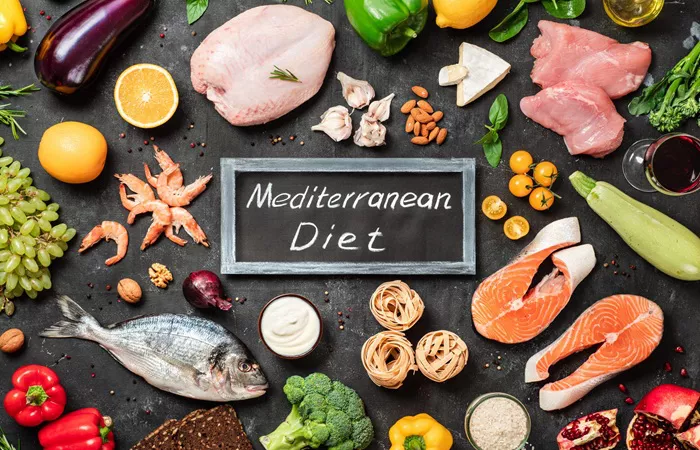New research highlights the growing health benefits of the Mediterranean diet, suggesting it may reduce breast cancer risk in women, particularly those who are postmenopausal.
A comprehensive meta-analysis published in Health Science Reports examined 31 studies conducted between 2006 and 2023. The studies followed women aged 20 to 104 from across the Americas, Europe, and Asia, all of whom adhered to some form of the Mediterranean diet. This eating plan emphasizes fruits, vegetables, lean proteins, olive oil, and whole grains.
According to the findings, women who followed the diet experienced a 13% overall reduction in breast cancer risk. The effect was strongest among postmenopausal women, who saw a 12% lower risk. Geographically, the most notable reductions were observed in studies conducted in Asia.
Experts say the Mediterranean diet may protect against cancer due to its nutrient-rich composition. Dr. Steven Quay, a physician-scientist specializing in cancer prevention, described the diet as acting like a “pharmacologic cocktail” full of antioxidants, fiber, polyphenols, and healthy fats. These components help reduce inflammation, oxidative stress, and hormonal imbalances—three key contributors to abnormal cell growth in breast tissue.
Dr. Mary Playdon, a cancer epidemiologist with the University of Utah’s Huntsman Cancer Institute, added that the diet’s role in regulating blood sugar and lipid levels may also contribute to cancer prevention. Chronic high blood sugar and insulin resistance have been linked to increased cancer risk. Additionally, the Mediterranean diet has been associated with a lower risk of obesity, a known factor in at least 13 types of cancer, including breast cancer.
Postmenopausal women face a higher risk of breast cancer partly because fat tissue can convert hormones in ways that may encourage tumor growth. Both Quay and Playdon note that the Mediterranean diet could help reduce this risk by limiting the accumulation of body fat.
However, Playdon cautions that the relationship is complex. In some regions, alcohol is a regular part of the Mediterranean diet. Since alcohol raises estrogen levels and is a known breast cancer risk factor, it may offset some of the diet’s protective effects. “More research is needed to fully understand these interactions,” she said.
In addition to following a healthy diet, experts recommend other lifestyle measures to lower breast cancer risk. These include maintaining a healthy weight, staying physically active, and limiting alcohol consumption.
As research continues, the Mediterranean diet remains a promising approach not only for heart and metabolic health but also for reducing the risk of certain cancers.
Related topics:


